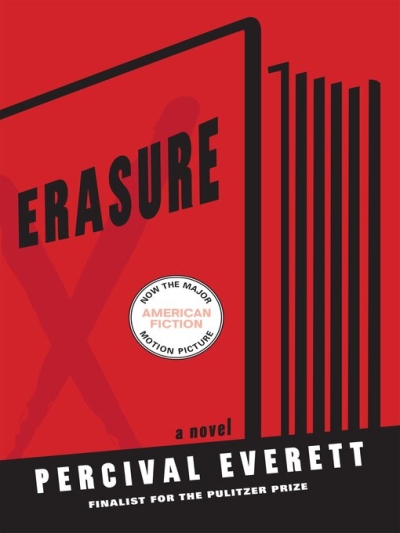
I recently saw American Fiction. The film was well-reviewed, and I understand why. In fact, enough time has passed since my viewing, that I find myself wanting to re-watch it. Not only was the movie enjoyable and the acting terrific, the story really left me thinking.
As someone who loves reading contemporary novels and thinks a lot about issues related to publishing, I appreciated that American Fiction delves into the tricky relationship of art and commerce, as played out in the publishing industry, and, most significantly, the impact of systematic racism on this dynamic. Does a literary novel written by an author who is Black and lives in the United States need to be shelved under the category of African-American Literature or under the more general heading of Literary Fiction? Depending on an author's identity and current consumer expectations and demands, what does it take to write a bestseller? What sacrifices might an author make, just to make a living, and, maybe, possibly garner fame?
When I learned that American Fiction was based on the novel Erasure (2001) by Percival Everett I decided to read the book. I did so by listening to the audio on WPL's Libby app. The plot is essentially the same as that relayed in the film. Erasure's complicated protagonist, Thelonious "Monk" Ellison, is a middle-aged professor and author of uncompromising standards and dwindling prospects. He is also the lone artist in a high-achieving family. With his father passed and his mother failing, Monk needs to step up as a son, both financially and as a care-giver. When his publisher passes on his latest manuscript, the erudite Monk, enraged, writes a novel under a sardonic pseudonym that seethes with racial stereotypes, trying to make a point that this kind of dreck is what sells. Monk believes the book will go nowhere, but the novel does, in fact, sell, for big bucks and to high acclaim. A dark comedy of errors ensues, as does a poignant family drama.
American Fiction, the film, is charming and funny, possibly more easily digested than Erasure, the book, which includes excerpts from Monk's joke-of-a-novel, turned troubling success. But if you spend time reading Everett's Erasure, you may very well gain deeper insight into the challenges of writing and surviving as an artist in our culture, particularly when the artist is a person of color, where the legacy of slavery continues to play out, day by day.